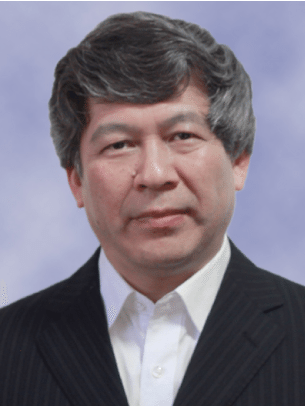|
Xingkai Luo

Director & Professor of Research Institute of Science Education of Guangxi Normal University, P.R. China
|
abstract
After for years of persistent seeking a less examination-oriented school science education from the so-called marginalized areas such as “General Technology”, primary school science and informal science education, the author and his team have initiated a STEM Study Contest on developing a large-scale performance-based assessment in order to compensate the paper-and-pencil test for its weakness in assessing students STEM literacy of “doing science and technology”. In accomplishing a real work at a competitive level a student will usually has more than one authentic problem to solve which needs more comprehensive skills and in-depth understanding of knowledge acquired neither by a “chalk and talk” science teaching nor a “trill and saw” technology training. Developing integrated STEM learning activity for use of both classroom teaching and performance-based assessment becomes vital for meeting such an project’s goal. For the teaching it should be fascinating to students and for the assessment it should be attractive, reliable and technically operational for a large-scale occasion. This talk will present several innovative examples which have been put into pilot use in schools as well as several times large scale contests and the underline principles for developing such learning activities. Some discussion and plan for further implementation of the developed instruments will be also presented with details and examples.
bio
Professor Luo is a professor in the Faculty of Physics & Technology and director in the Research Institute of Science Education at Guangxi Normal University in China where he has worked for pre-service and in-service science/physics teacher education since 1988. His research interests include scientific inquiry and promoting inquiry-based science learning by improving assessment and teacher education, developing innovative learning resources, especially thought-provoking hands-on experiments. He is currently leading his team working with 40 senior high schools trying to bring inquiry-based learning into reality of science and technology classroom. |